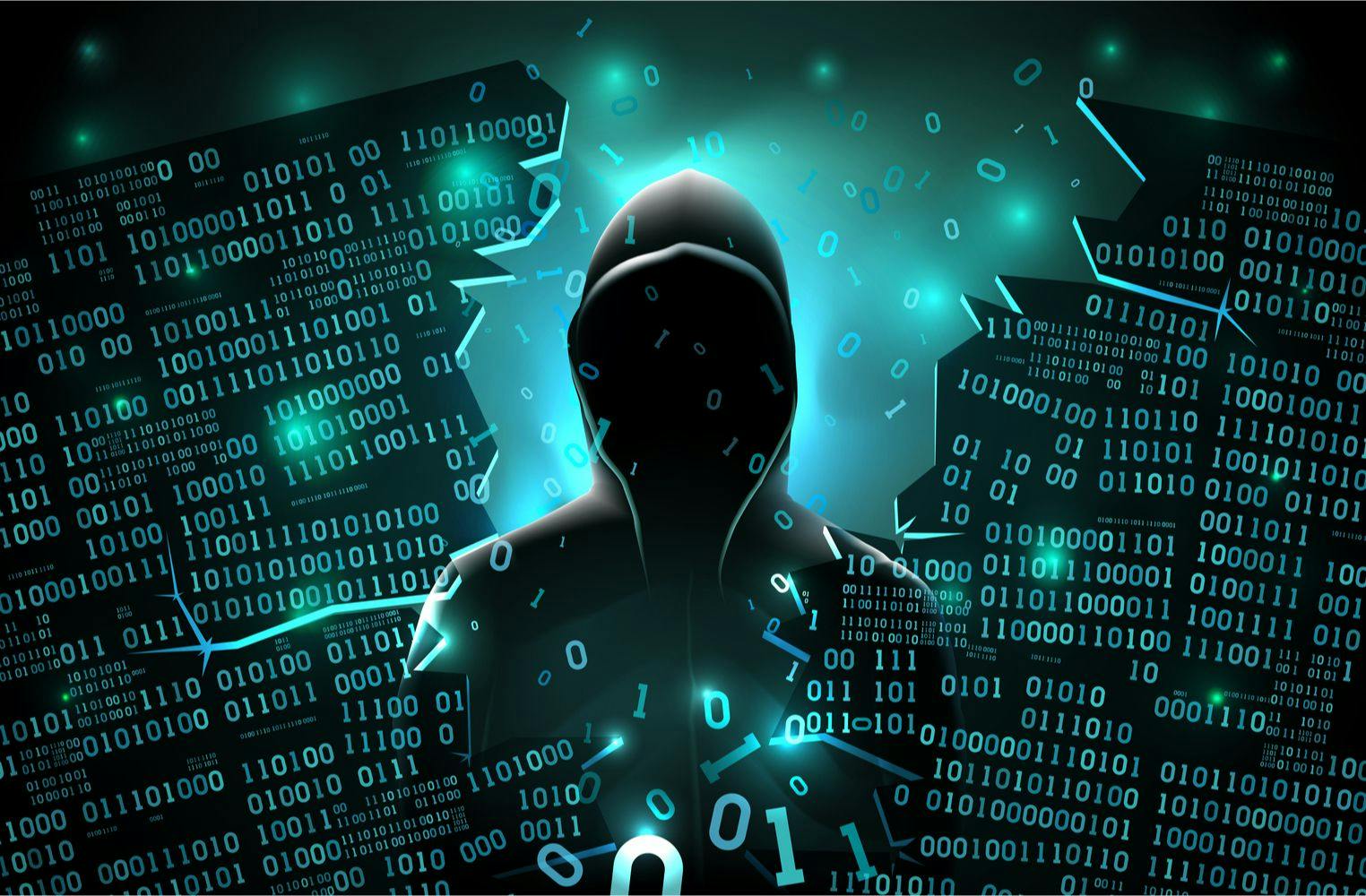362 reads
What are the Cypherpunks Fighting For?
by
October 19th, 2021
Audio Presented by

Tanisha Mittal is a digital marketing executive who loves to explore recent Trends.
About Author
Tanisha Mittal is a digital marketing executive who loves to explore recent Trends.
